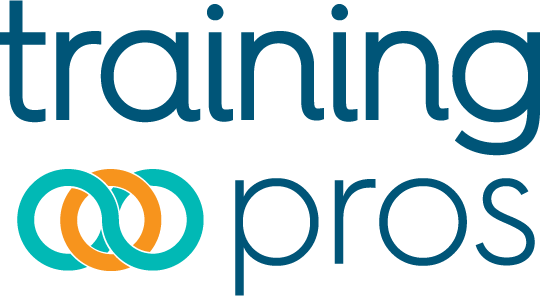Life Science Tech Summit: Speaker Interview
Gray Knowlton
CIO & CTO
Upsher-Smith Laboratories
As Chief Information Officer, Gray Knowlton leads technology initiatives in support of operating plans and long-term business strategy for Upsher-Smith. In addition to creating and implementing an infrastructure capable of supporting Upsher-Smith’s application and infrastructure requirements, Gary is responsible for software and platform strategy, go-to-market strategy and engineering management. Gray joined Upsher-Smith in 2014 after holding engineering and business management roles at Microsoft and the Bill and Melinda Gates Foundation for more than a decade. He also spent four years in product management at Adobe. In these positions, Gray drove major standardization and standards adoption efforts for Microsoft Office technology and PDF technology. He has also acted as a system engineering, developing and publishing automation solutions for large-scale news organizations, including the Chicago Tribute, Salzburger Nachrichten, Irish Independent and others.
Gray will be one of the distinguished speakers at the Life Science Tech Summit.
What initiatives are on the horizon for your team in 2017?
Security is always a priority. We will continue the integration of all our security systems, both physical and digital. We will continue investing in our MID3 platform to accelerate our development work. We will dive deeper into commercial analytics to improve decision making. We will expand our genomic research and human performance research platforms.
From your perspective, how has the role of a CIO changed?
The primary role of a CIO is to add value to the organization. The way that this is done has evolved. Many major business objectives depend absolutely on technology. It is the job of the CIO to not only guide the organizations to the best solutions, but also to ensure that benefits are realized and the organization is truly moving forward as opposed to just spending more.
What are the 3 biggest factors impacting IT in the life science industry?
From a pharma perspective, Serialization is an important initiative. As an industry we are waking up to the power of machine learning and other non-traditional forms of research. Many pharma companies are investing in data-driven solutions that will help gain better insight into key problems faster. This helps us round out the bench science and back it up with simulations and other forms of proof.





